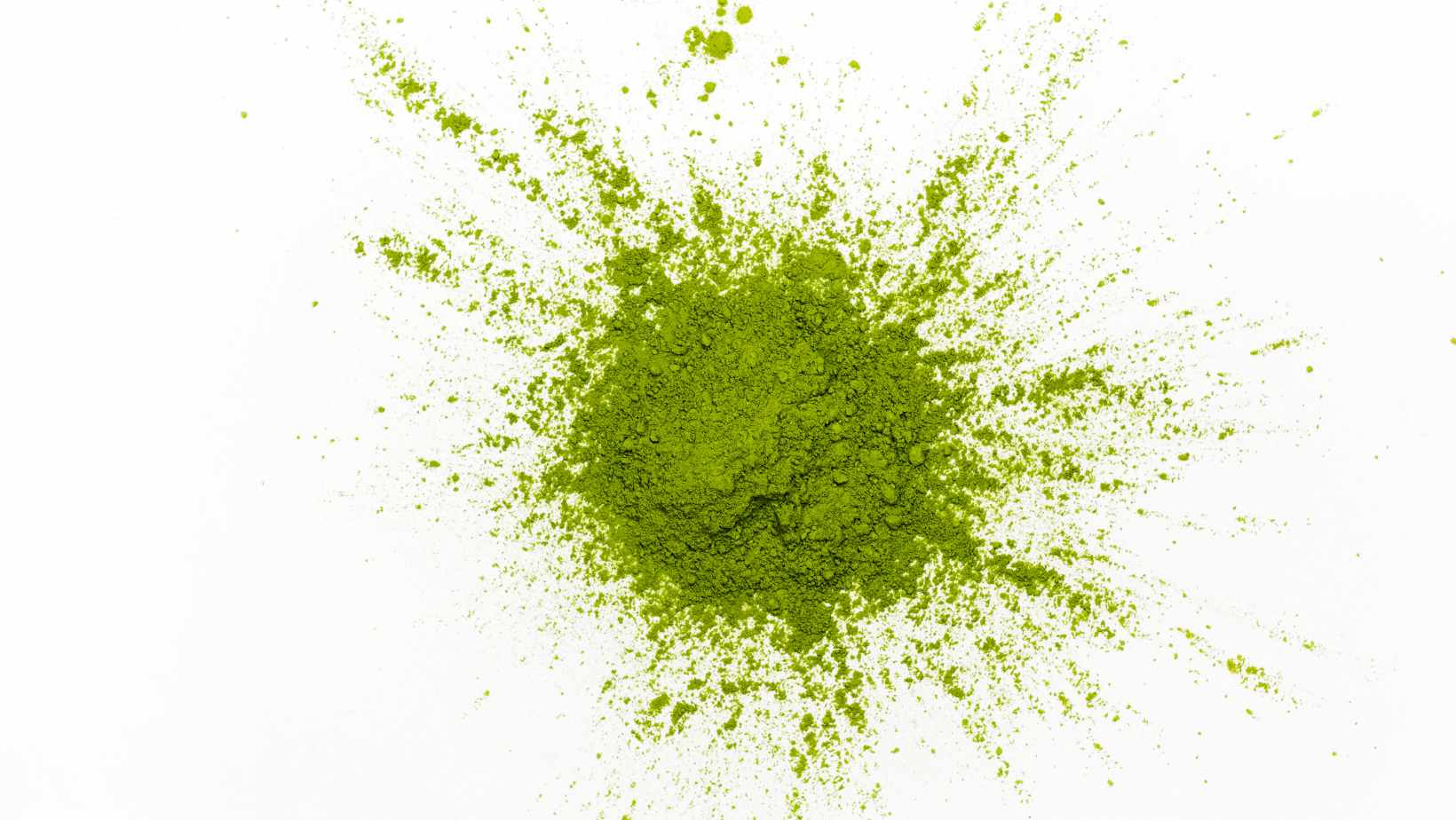Matcha, a finely ground powder made from specially grown and processed green tea leaves, has gained immense popularity in recent years. Its vibrant green color and unique flavor have made it a staple in health food stores and coffee shops alike. But beyond its trendy appeal, matcha boasts an impressive array of health benefits backed by scientific research. In this article, we’ll explore four of the most notable benefits of incorporating matcha into your diet.
1. Rich in Antioxidants
One of the primary benefits of matcha is its high antioxidant content. Matcha is particularly rich in catechins, a class of plant compounds that act as natural antioxidants. These antioxidants help stabilize harmful free radicals, which are compounds that can damage cells and contribute to chronic diseases. When you consume matcha powder mixed with hot water, you ingest nutrients from the entire tea leaf, resulting in a greater concentration of catechins and antioxidants compared to simply steeping green tea leaves.
Studies have shown that the number of certain catechins in matcha can be at least three times higher than in most green teas, and up to 137 times higher than in one specific type of green tea. By incorporating matcha into your diet, you can significantly increase your antioxidant intake, potentially protecting against cell damage and lowering your risk of several chronic diseases.
2. Supports Liver Health
The liver plays a crucial role in overall health, helping to flush out toxins, metabolize drugs, and process nutrients. Some studies suggest that matcha may help protect the liver from damage. In one study, diabetic rats given matcha for 16 weeks showed prevention of damage to both the kidneys and liver. Another study involving 80 people with non-alcoholic fatty liver disease found that taking 500 milligrams of green tea extract daily for 90 days significantly reduced liver enzyme levels, which are markers of liver damage.
Furthermore, an analysis of 15 studies concluded that drinking green tea was associated with a lower risk of liver disease. While this is an observational association and doesn’t prove causation, it highlights the potential protective effects of green tea, and by extension, matcha, on liver health.
3. Enhances Cognitive Performance
Research indicates that several components in matcha may contribute to improved cognitive function. In a study of 23 people, participants who consumed either matcha tea or a bar containing four grams of matcha performed better on cognitive tasks measuring attention, reaction time, and memory compared to a control group that consumed a placebo tea or bar.
Matcha’s cognitive benefits may be attributed to its higher concentration of caffeine compared to regular green tea, with about 35 milligrams of caffeine per half teaspoon (1 gram) of matcha powder. Numerous studies have linked caffeine consumption to improvements in cognitive performance. Additionally, matcha contains L-theanine, a compound that alters the effects of caffeine, promoting alertness while helping to avoid the energy crash that often follows caffeine consumption.
4. May Boost Weight Loss
Green tea extract is a common ingredient in weight loss supplements, and for good reason. Studies suggest that green tea may help speed up metabolism, increase energy expenditure, and boost fat burning. One small study found that taking green tea extract during moderate exercise increased fat burning by 17%. Another study involving 14 people showed that consuming a supplement containing green tea extract significantly increased 24-hour energy expenditure compared to a placebo.
A review of 11 studies also concluded that green tea has a small but positive effect on reducing body weight and maintaining weight loss. While most of these studies focus on green tea extract rather than matcha specifically, both are derived from the same plant and have a similar nutritional profile. In fact, matcha’s higher caffeine content may make it even more effective for weight loss. However, it’s essential to note that the impact on weight loss is minor, and matcha should be combined with a nutritious, low-calorie diet and active lifestyle for optimal results.
Frequently Asked Questions
1. How much matcha should I consume to reap its health benefits?
While there is no specific recommended dosage, consuming 1-2 teaspoons of matcha powder per day, either as a tea or incorporated into food, can provide a significant boost in antioxidants and other beneficial compounds.
2. Are there any side effects of consuming matcha?
Matcha is generally well-tolerated, but it does contain caffeine, which may cause side effects such as jitteriness, insomnia, or increased heart rate in some individuals. If you are sensitive to caffeine, consume matcha in moderation or avoid it in the evening.
3. Can I get the same benefits from drinking regular green tea?
While regular green tea does offer many of the same health benefits as matcha, the concentration of beneficial compounds is typically higher in matcha due to the consumption of the entire tea leaf. However, both matcha and regular green tea can be part of a healthy diet.
Matcha’s rise in popularity is not just a passing trend; it’s backed by a growing body of scientific evidence that highlights its numerous health benefits. From providing a potent dose of antioxidants to supporting liver health, enhancing cognitive function, and potentially aiding in weight loss, matcha offers a delicious and nutritious way to boost your overall well-being. By incorporating this vibrant green powder into your daily routine, you can tap into the power of this ancient Japanese superfood and enjoy its many advantages for your mind and body.
